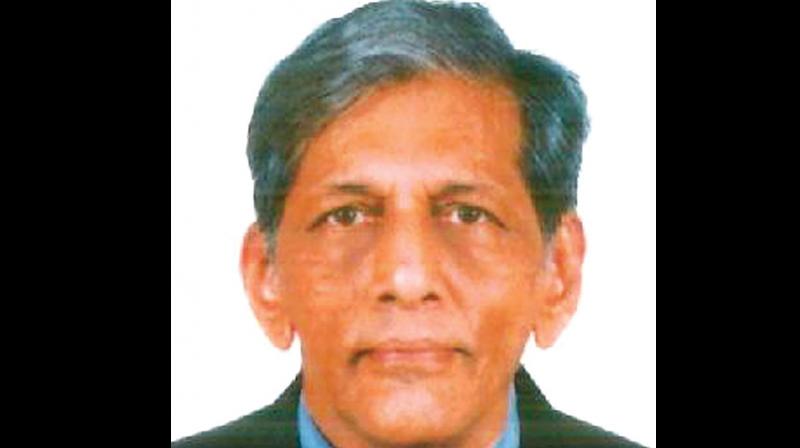SC judges revolt against CJI Judiciary at crossroads
Four of the senior-most judges of the highest court have come out in the open to address the media as to what ails the Supreme Court.

What has happened in the Supreme Court on Friday is something extraordinary and unprecedented. Four of the senior-most judges of the highest court have come out in the open to address the media as to what ails the Supreme Court. Their explanation is that they have been compelled to do so because the Chief Justice of India refused to listen to their viewpoint and that if matters were allowed to drift, posterity would blame them. It all relates to the constitution of benches and composition of judges being done at the whim and caprice of the CJI thereby undermining the fairness of the institution on which the bedrock of democracy rests. It is telling that that the judges in their joint letter to the CJI have emphasized on the CJI being the first among equals.
The latest flashpoint in the conflict among the judges can be traced back to the Medical College case where serious allegations were leveled against the bench which was hearing the matter. Unsurprisingly, the CJI was a part of that bench. Justice Chelameshwar, on a petition seeking an investigation by a SIT into the allegations, referred it to a constitution bench. Overnight, the CJI set aside this order and constituted a three judge bench of his choice and asserted his position as the master of the roster. Subsequently, a fine of Rs 25 lakh was imposed on Prashant Bhushan. This issue raised serious questions on the constitutional propriety of the CJI’s act.
The problem of the Chief Justice deciding matters on his own has its origins in the second judges case where the Supreme Court said that the executive had no voice in the appointment of judges and the collegium consisting of judges alone would decide on the appointment of judges. In 2015, the National Judicial Appointments Commission providing for a wider consultation in the judiciary too was struck down with the exception of Justice Chelameshwar who held that there should be a broader consensus. This exposed the fissures between the judges of the highest court. It is this lack of democratic functioning in the Supreme Court which is being complained of.
A cross section of the bar and the bench feel that the matter could have been settled otherwise than being brought out into the open. It must be said that the four respected judges must have pondered over their options deeply and rightfully thought that informing people of the country of the goings in the Supreme Court would implore the CJI to discuss and bring about changes in the interest of the healthy functioning of the institution. Viewed in such a context, the act of the judges deserves to be appreciated.
Therefore, what the senior-most judges have done on Friday shows their utmost concern for the institution and democracy. It is indeed a red letter day in the history of democracy as the Supreme Court has always been the last bastion of democracy. Having come to the public domain, perhaps corrective measures will follow.

